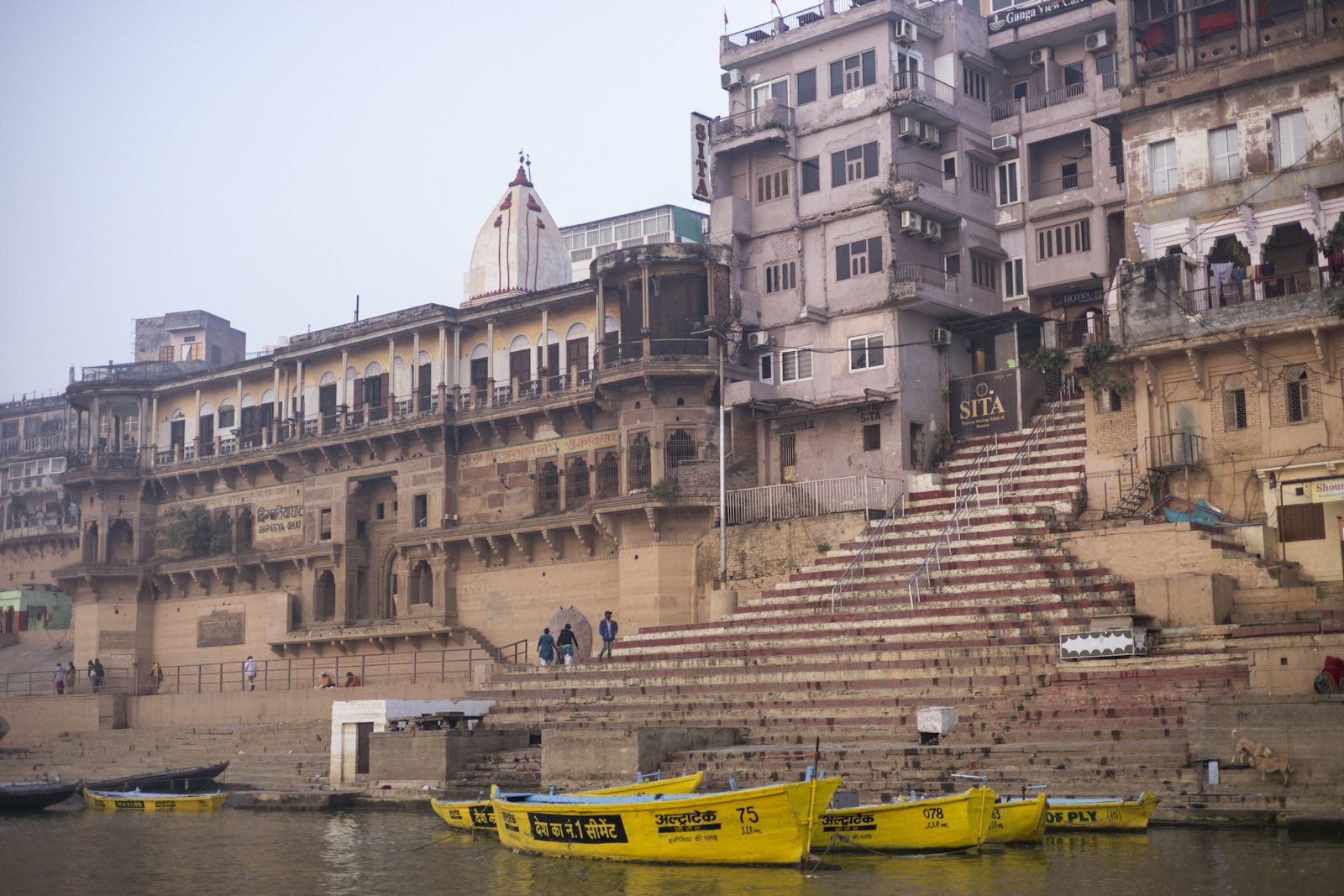
turista

tourist
The term 'turista' translates in English to 'tourist'. It is a person who visits a place for pleasure and interest, usually when they are on vacation.
Example sentences using: turista
¿Estás aquí como turista?

Are you here as a tourist?
This is a question asking if someone is visiting the place as a tourist. The phrase '¿Estás aquí como turista?' translates to 'Are you here as a tourist?'.
Soy un turista aqui.

I am a tourist here.
This is used to tell others that you are visiting their region. The word 'turista' in Spanish means 'tourist' in English.
El turista tomó muchas fotos.

The tourist took many photos.
Here, 'el turista' is used to refer to 'the tourist'. 'Tomó muchas fotos' translates to 'took many photos'. This phrase can be used to describe a common activity of tourists.
El turista está perdido.

The tourist is lost.
This is a phrase usually used when a tourist doesn't know where they are or can't find their way. 'Está perdido' translates to 'is lost'.
La turista compró muchos recuerdos.

The female tourist bought many souvenirs.
In Spanish, male and female forms are used frequently. Here, 'La turista' refers to a female tourist. 'Compró muchos recuerdos' translates to 'bought many souvenirs'.
El turista visita el museo.

The tourist visits the museum.
A simple sentence describing a tourist's activity. 'Visita el museo' translates to 'visits the museum'. This phrase is in the present tense.
Los turistas viajan por el país.

The tourists travel around the country.
'Los turistas' refers to multiple tourists. 'Viajan por el país' translates to 'travel around the country'. This could be used when describing what tourists are doing.
La turista pasea por la ciudad.

The female tourist strolls through the city.
'La turista pasea por la ciudad' translates to 'The female tourist strolls through the city.' This phrase describes a typical tourist activity - exploring a city by walking.
Los turistas buscan un hotel.

The tourists are looking for a hotel.
In this phrase, 'Los turistas buscan un hotel' translates to 'The tourists are looking for a hotel', which is a common scenario for tourists.
El aeropuerto está lleno de turistas.

The airport is full of tourists.
'El aeropuerto está lleno de turistas', in English, this means 'The airport is full of tourists.' It's a way to describe a crowded situation with many tourists.